Ant Problem in House | Solve Your Ant Problem Effectively

Ant infestations in houses can be a common and frustrating problem. It's important to effectively address this issue to prevent ants from invading your living space. According to experts at Cornell University, the most common ant species to invade houses are odorous house ants, which are typically less than 1/8 inch long. These ants are considered a nuisance pest and won't transmit diseases or cause significant damage to your home. On the other hand, carpenter ants, which are about 1/4 to 1/2 inch long, can cause damage to wooden structures. It's crucial to take steps to eliminate ant problems in your house and prevent further infestations.
Key Takeaways:
- Ant infestations in houses can be frustrating to deal with.
- Odorous house ants and carpenter ants are common ant species found in houses.
- Odorous house ants are considered nuisance pests, while carpenter ants can cause damage to wood.
- Taking preventive measures is essential to keep your home ant-free.
- Eliminating attractants and addressing entry points can help prevent ants from invading your house.
Common Ant Species and Identification
Ants come in various species and sizes, and it's important to be able to identify the ants in your house in order to effectively control and eliminate them. Common ant species that you may encounter include:
| Ant Species | Description |
|---|---|
| Odorous house ants | Small ants that emit a rotten coconut smell when crushed. |
| Carpenter ants | Larger ants that can cause damage to wood. |
| Pharaoh ants | Ants known for splitting their colonies. |
| Pavement ants | Ants that create characteristic ant hills in yards and parks. |
| Fire ants | Ants found in certain regions and known for their painful stings. |
By identifying the specific ant species in your house, you can choose the most appropriate control methods to effectively eliminate them. This will enable you to target their behavior and preferences, improving the success of your ant control efforts.
To assist you in identifying the different ant species, refer to the following image:
Remember, accurate identification of ant species is crucial for effective ant control. With the right knowledge, you can take the necessary steps to prevent ant infestations and maintain a pest-free home.
Attractants and Entry Points for Ants
Ants are attracted to various factors in your home, including food sources, water sources, and potential entry points. It's important to understand and address these attractants and entry points to effectively prevent ants from invading your living space.
Attractants for Ants
One of the main attractants for ants is the availability of food. Leaving out food scraps, sweets, and liquids can attract ants into your kitchen. It's important to clean up spills and crumbs promptly and store food in sealed containers. By eliminating these food sources, you can significantly reduce the chances of attracting ants.
Water sources can also be attractive to ants. Leaky pipes, condensation, and even pet water bowls can create an appealing environment for ants. It's crucial to fix any leaks and wipe up moisture to discourage ants from seeking water sources in your home.
Entry Points for Ants
Ants can enter your home through cracks, crevices, and other openings in your home's exterior. It's essential to inspect your home for potential entry points and seal them off. This can include caulking gaps in windows and doors, repairing damaged screens, and sealing any other openings where ants could gain access.
Identifying and addressing these attractants and entry points can go a long way in preventing ant infestations in your home. By taking proactive measures, you can create an environment that is less enticing for ants to invade.
| Attractants for Ants | Entry Points for Ants |
|---|---|
| Food scraps | Cracks in windows and doors |
| Sweets | Damaged screens |
| Liquids | Openings in the foundation |
| Leaky pipes | Gaps in baseboards |
| Condensation | Holes in walls |
| Pet water bowls | Vents and utility lines |
Note: An example of a common entry point for ants is a crack in a window or door. By caulking and sealing these cracks, you can prevent ants from entering your home.
To better visualize the attractants for ants and their corresponding entry points, refer to the table below:
Natural and Non-Toxic Methods to Eliminate Ants
Dealing with ant infestations in your house can be a daunting task, but there are several natural and non-toxic methods that can effectively eliminate ants without introducing harmful chemicals into your living space. These methods offer a safe and eco-friendly alternative to traditional ant control options. Let's explore some of these natural ant repellents and non-toxic ant control measures.
1. Diatomaceous Earth
Diatomaceous earth is a naturally occurring silica dust that can be used to dust surfaces where ants are found. When ants come into contact with the diatomaceous earth, it damages their exoskeletons, leading to dehydration and ultimately their demise. This method is particularly effective for eliminating ants in hard-to-reach areas like cracks and crevices.
2. Pepper
Pepper, especially black pepper or cayenne pepper, can be an irritant for ants. Sprinkling black pepper or cayenne pepper along baseboards and behind appliances can help deter ants from entering your home. The pungent properties of pepper disrupt the ants' pheromone trails, making it difficult for them to communicate and navigate.
3. Essential Oils
Essential oils have long been used as natural ant repellents. Peppermint, cinnamon leaf, lemon, and tea tree oil are particularly effective in repelling ants. To create a homemade ant repellent spray, mix a few drops of your chosen essential oil with water and spray it in areas affected by ants. The strong scents of these oils act as deterrents and can help keep ants at bay.
4. White Vinegar
White vinegar is another natural ingredient that can be used to eliminate ants. Wiping ants off surfaces with a mixture of equal parts white vinegar and water not only removes the ants but also leaves behind a scent that ants find repellent. Regularly cleaning surfaces with this solution can help prevent ant infestations.
5. Baking Soda or Borax Bait
Creating homemade ant bait traps with baking soda or borax mixed with honey can be an effective way to eliminate ant colonies. Ants are attracted to the sweetness of the honey and will carry the bait back to their nests. The baking soda or borax disrupts the ants' digestive systems, leading to their demise. Place these bait traps in areas where ants are commonly found.

Using natural and non-toxic methods to eliminate ants not only helps protect your family and pets from exposure to harmful chemicals but also promotes a healthier environment. These methods are safe, affordable, and easy to implement. By incorporating these natural ant repellents and non-toxic ant control measures into your ant prevention strategy, you can effectively eliminate ant infestations in your house without compromising your health or the well-being of the ecosystem.
Conventional Methods to Control Ant Infestations
While natural methods can be effective in controlling ant infestations, sometimes conventional methods are necessary to tackle persistent problems.
Ant baits are a popular choice for homeowners dealing with ant infestations. These baits are designed to attract ants with a tempting food source, ultimately leading to their demise. When using ant baits, it's important to select a bait specifically formulated to target the ant species causing the infestation. Placing the baits in areas where ants are active increases their effectiveness.
Another conventional option is the use of ant sprays. Ant sprays can be directly applied to ants upon contact, offering immediate control. However, it's crucial to choose ant sprays that are effective against the specific ant species you are dealing with. Follow the application instructions carefully to ensure maximum effectiveness and safety.
For severe infestations or persistent problems, seeking the assistance of a professional ant exterminator is highly recommended. Professional ant exterminators have the expertise, experience, and tools to effectively eliminate the ant infestation and provide long-term solutions.
Remember, when using conventional methods, it's important to consider the potential risks associated with certain chemicals. Always follow the instructions provided by the manufacturer and take necessary precautions to protect yourself, your family, and your pets.
Benefits of Conventional Methods:
- Target specific ant species causing the infestation
- Provide immediate control
- Effectively eliminate severe or persistent infestations
- Expertise and experience of professional ant exterminators
Using a combination of natural and conventional methods can help you gain better control over ant infestations in your home, leading to a more comfortable and pest-free living environment.
Prevention Tips to Keep Your Home Ant-Free
Taking preventive measures can help ensure that your home remains ant-free. By following these simple steps, you can effectively control ant infestations and reduce the chances of ants invading your living space.
Food Storage and Kitchen Maintenance
One of the key steps in preventing ants from entering your home is to eliminate their access to food sources. Store food and organic waste in sealed containers to prevent ants from being attracted to your kitchen. Make it a habit to regularly clean up kitchen surfaces, ensuring there are no crumbs or food residues that could entice ants. Additionally, emptying the trash daily will help keep ants away.
Addressing Water Sources
Ants are not only searching for food but also water. Fix any leaks in your plumbing system to eliminate potential water sources for ants. Wipe up any spills or moisture promptly, especially around sinks and other water areas, to deter ants from accessing water. Taking steps to reduce moisture issues in your home can significantly help in ant infestation control.
Sealing Entry Points
Ants can find their way into your home through even the tiniest cracks and openings. To prevent ant infestations, seal cracks, crevices, and other potential entry points in your home's exterior. This will make it difficult for ants to enter your living space and discourage them from even attempting to invade your home.
Pet Bowl Maintenance
Don't forget about your furry friends! Regularly clean your pet's food and water bowls and wipe up any spills or residues around them. This will not only keep your pets healthy but also help prevent ants from being attracted to their food.
Maintain a Clean and Clutter-Free Environment
Lastly, maintaining a clean and clutter-free environment can go a long way in preventing ant problems. Regularly clean and organize your living areas, as clutter provides hiding spots and potential nesting areas for ants. By keeping your home clean and tidy, you can reduce the likelihood of ant infestations.
By implementing these prevention tips, you can effectively prevent ants from entering your home and keep it ant-free. Remember, a proactive approach is always better than tackling a full-blown infestation.
Conclusion
Dealing with an ant problem in your house can be a frustrating experience, but there are effective ant control solutions that can help you eliminate these pests and prevent future infestations. The key to success lies in following a comprehensive approach that includes identification, prevention, and treatment methods.
Start by identifying the ant species in your home, as different species may require different control strategies. Address any attractants and entry points that may be drawing ants into your living space. Keeping your home clean and free of food crumbs, sealing cracks and openings, and eliminating sources of moisture can help deter ants from entering your property.
Utilize natural and non-toxic methods to control ant infestations, such as using diatomaceous earth, black pepper, essential oils, vinegar, or homemade bait traps. These methods can be effective in reducing ant populations without exposing your family and pets to harmful chemicals.
If natural methods are not yielding the desired results, consider using conventional ant control techniques. Ant baits and sprays specifically formulated for ant species can help eliminate existing ant colonies. In more severe cases, or if the infestation persists, it may be necessary to seek assistance from a professional ant exterminator who can provide targeted treatments and customized solutions.
By implementing these ant problem solutions and practicing effective ant control, you can keep your home ant-free and enjoy a pest-free living environment. Remember, prevention plays a vital role in long-term control, so be proactive in maintaining a clean, tidy, and ant-resistant home.
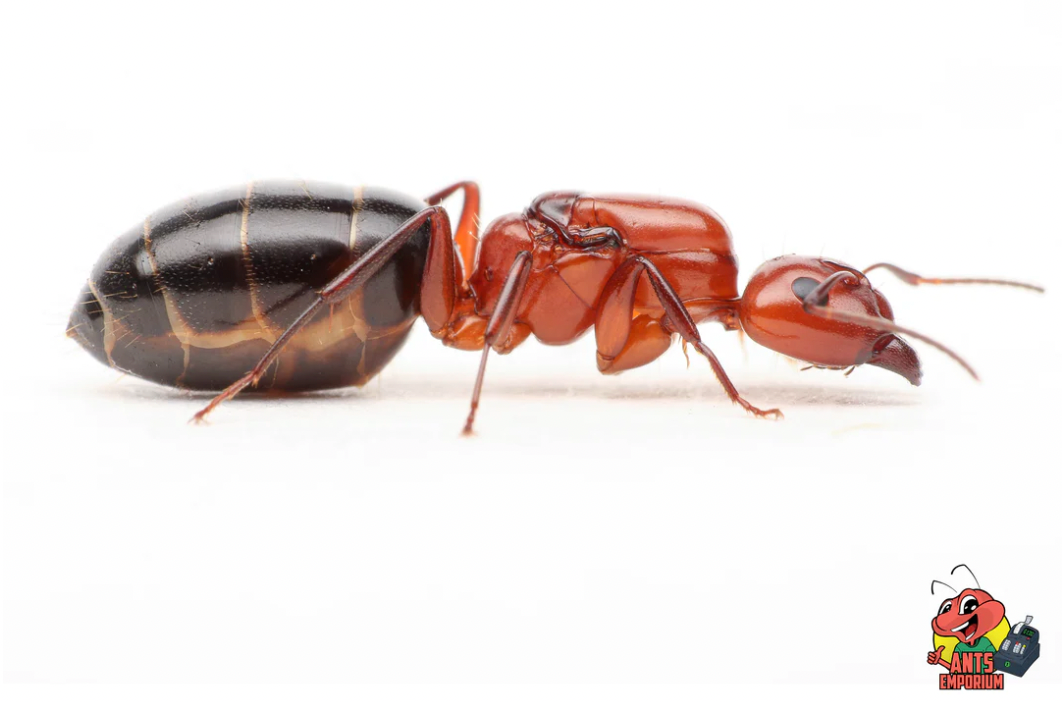
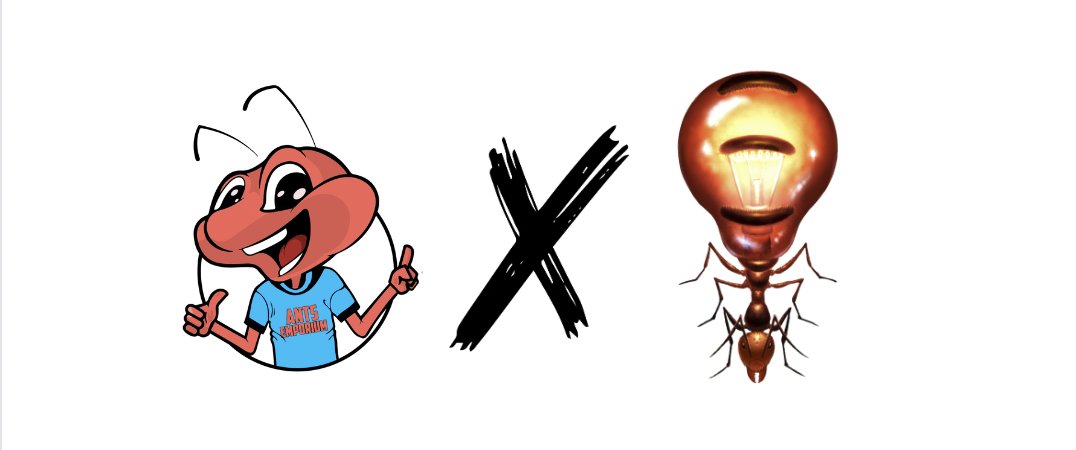
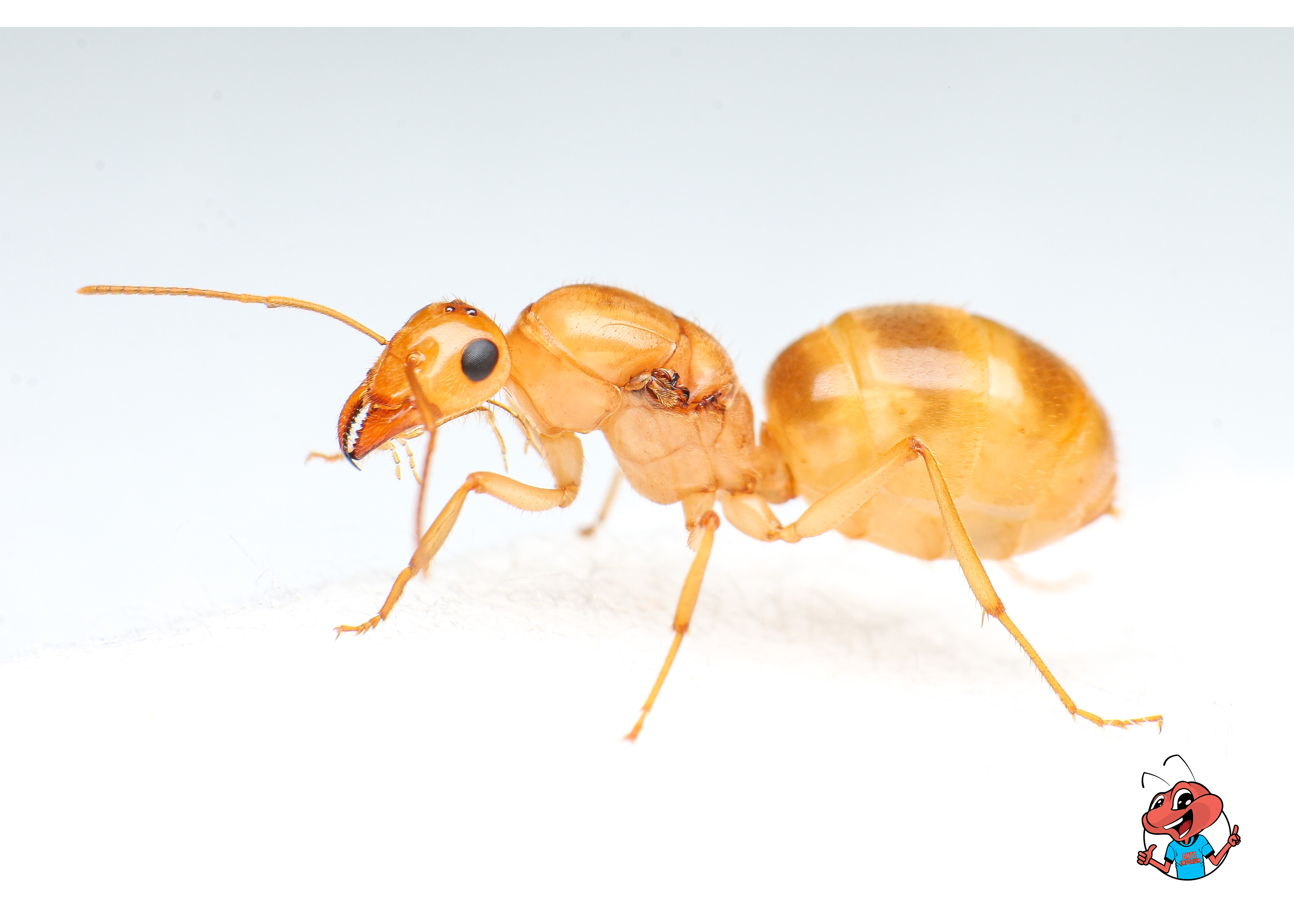
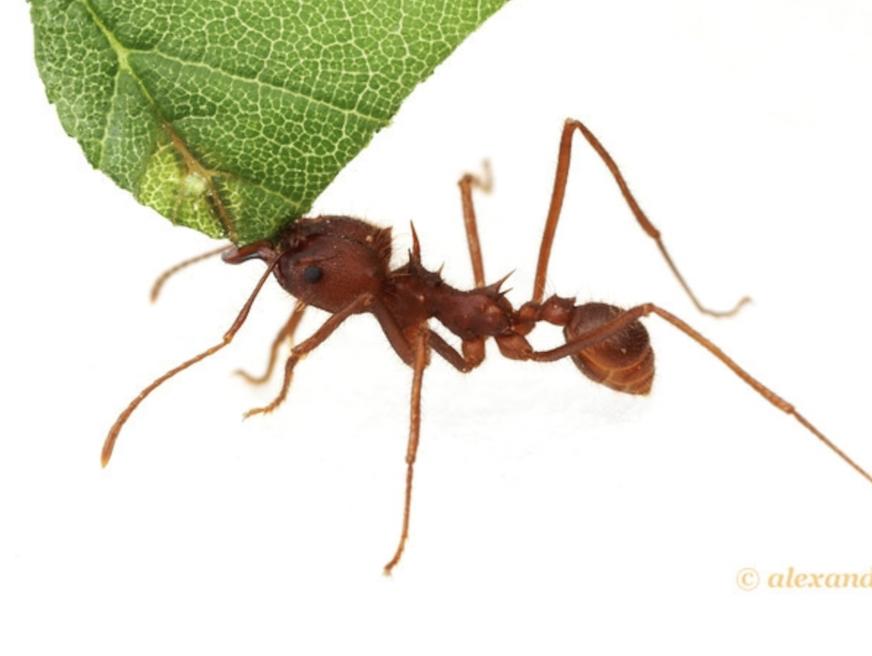
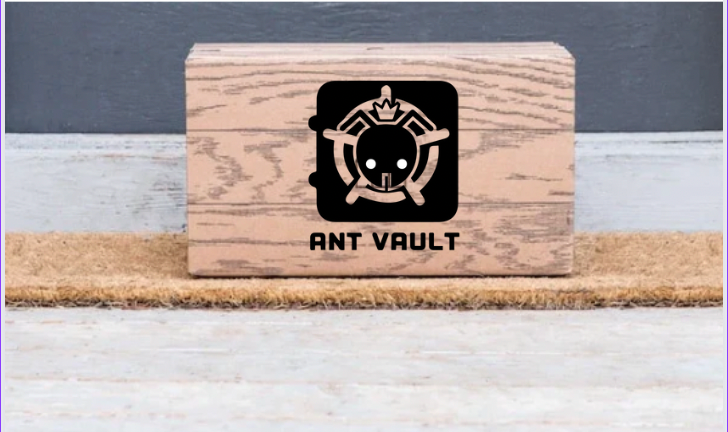


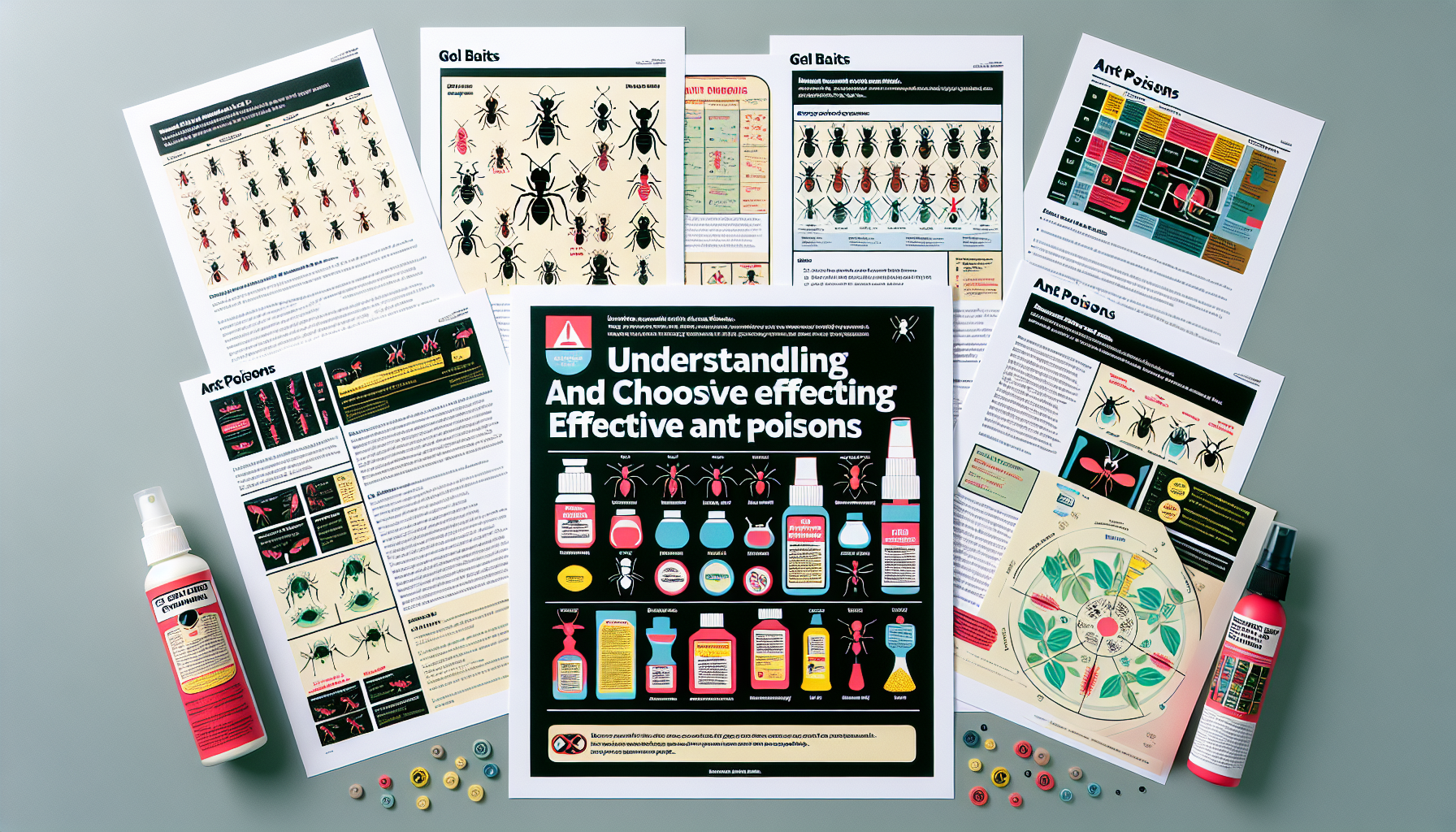
Leave a comment